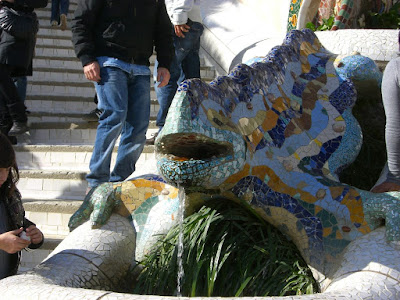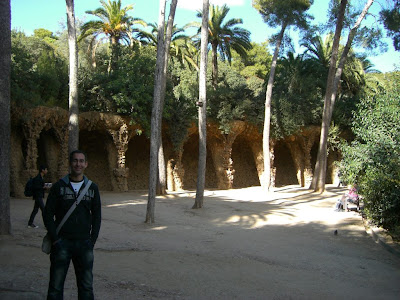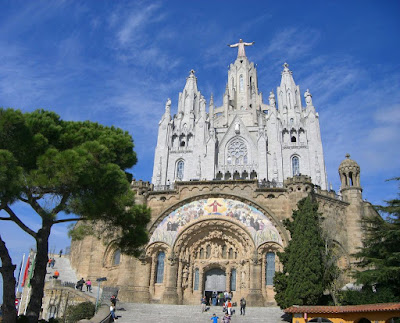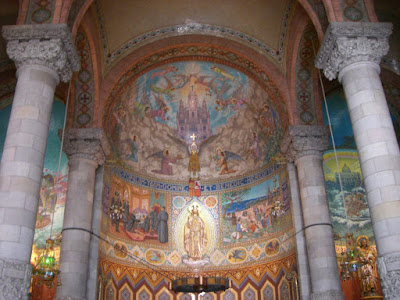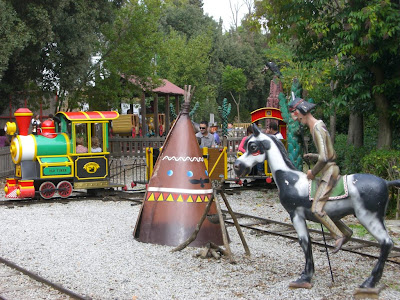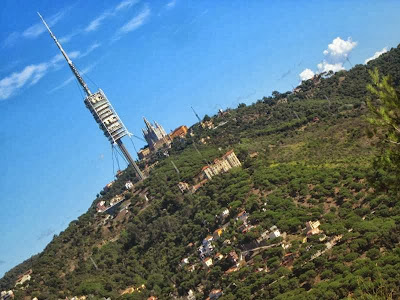Summary
The plot follows Harvard symbologist Robert Langdon, as he tries to stop the Illuminati, a legendary secret society, from destroying Vatican City with the newly-discovered power of antimatter.
CERN director Maximilian Kohler discovers one of the most respected physicists, Leonardo Vetra, murdered in his own secured, private quarter in CERN. His chest is branded with a symbol—an ambigram of the word "Illuminati". Robert Langdon, an expert on the Illuminati, is called by Kohler to try to find the killer.
Angels and Demons
The Illuminati have also stolen a canister containing a quarter of a gram of antimatter—an extremely dangerous substance with immense destructive potential comparable to a small nuclear weapon, a potential unleashed upon contact with any form of normal matter. When the canister is taken away from its electricity supply, it automatically switch to its back-up battery, which will only power it for 24 hours, at which point the antimatter will fall, come into contact with the base of the canister, and self-destruct. The Illuminati have placed the stolen canister somewhere in Vatican City, with a security camera in front of it, showing how its digital clock counts down to the explosion.
Langdon and Vittoria go to Vatican City, where the pope has recently died, and the papal conclave has convened to elect the new pontiff. Cardinal Mortati, host of the election, discovers that the four Preferiti, cardinals who are considered to be the most likely candidates in the election, are missing. After they arrive, Langdon and Vittoria begin searching for the Preferiti in hopes that they will also find the antimatter canister in the process. Their search is assisted by Camerlengo Carlo Ventresca (the late pope's closest aide) and the Vatican's Swiss Guard, including Commander Olivetti, Captain Rocher, and Lieutenant Chartrand.
Convinced that the Illuminati are in some way responsible for the disappearance of the Preferiti, Langdon attempts to retrace the steps of the so-called "Path of Illumination", an ancient and elaborate process once used by the Illuminati as a means of induction of new members; prospective candidates for the order were required to follow a series of subtle clues left in various landmarks in and around Rome. If the candidate followed the clues properly, he would be able to locate the secret meeting place of the Illuminati and be granted membership in the order. Using his extensive knowledge of religious and occult history, Langdon sets off on the Path of Illumination in hopes of uncovering clues as to the disappearance of the Preferiti and the location of the antimatter canister. The Path leads Langdon to four major locations in Rome, each associated with what the Illuminati believed to be the four primordial elements of all things in existence: Earth, Air, Fire, and Water.
In the background of this story, I think that there is a discussion over the ethics of science and the ethics of Church. Science are always finding out new theories and developing new technology which, sometimes, is used to destroy instead of making our lives more comfortable. As to the ethics of Church, sometimes it seems that the Catholic church is more interested in preserve its power, its economical status and its influence power than in being really useful for people or in trying to understand that our society evolves.
One of the things that surprised me was the evolution of the character of Camarlengo: His kindness and determination at first became coldness, fanaticism, falseness and conspiracy at the end. I think that this character shows a bit the two-faced moral of Church.
This book isn't at all a masterpiece of literature, but It's a perfect book to spend a good time reading because of its permanent thrill and its mixture of science and religious symbology which I found quite interesting
Finally, next you have links of other interesting books I have read:
Langdon and Vittoria go to Vatican City, where the pope has recently died, and the papal conclave has convened to elect the new pontiff. Cardinal Mortati, host of the election, discovers that the four Preferiti, cardinals who are considered to be the most likely candidates in the election, are missing. After they arrive, Langdon and Vittoria begin searching for the Preferiti in hopes that they will also find the antimatter canister in the process. Their search is assisted by Camerlengo Carlo Ventresca (the late pope's closest aide) and the Vatican's Swiss Guard, including Commander Olivetti, Captain Rocher, and Lieutenant Chartrand.
Convinced that the Illuminati are in some way responsible for the disappearance of the Preferiti, Langdon attempts to retrace the steps of the so-called "Path of Illumination", an ancient and elaborate process once used by the Illuminati as a means of induction of new members; prospective candidates for the order were required to follow a series of subtle clues left in various landmarks in and around Rome. If the candidate followed the clues properly, he would be able to locate the secret meeting place of the Illuminati and be granted membership in the order. Using his extensive knowledge of religious and occult history, Langdon sets off on the Path of Illumination in hopes of uncovering clues as to the disappearance of the Preferiti and the location of the antimatter canister. The Path leads Langdon to four major locations in Rome, each associated with what the Illuminati believed to be the four primordial elements of all things in existence: Earth, Air, Fire, and Water.
Personal opinion
The plot is quite similar to The Da Vinci Code, with Langdon accompanied by an attractive joung woman and with the work of a brilliant artist (Bernini in Angels&Demons and Leonardo Da Vinci in The Da Vinci Code) involved in the mystery that Langdon has to solve. However, I think that the plot of Angels&Demons is more thrilling and gripping.
One of the things that surprised me was the evolution of the character of Camarlengo: His kindness and determination at first became coldness, fanaticism, falseness and conspiracy at the end. I think that this character shows a bit the two-faced moral of Church.
One of the things I didn't like of this book was its end, too twisted and fantastic, more suitable for a novel of superheros than for a mystery-thriller novel.
Conclusion
This book isn't at all a masterpiece of literature, but It's a perfect book to spend a good time reading because of its permanent thrill and its mixture of science and religious symbology which I found quite interesting
- The Hunger Games (Suzanne Collins)
- Playing the Enemy (John Carlin)
- The Alchemist (Pablo Coelho)
- The Physician (Noah Gordon)
- The Lord of the Rings (J.R.R. Tolkien)
- The Hobbit (J.R.R. Tolkien)
- The Cathedral of the Sea (Ildefonso Falcones)
- The Art of Loving (Erich Fromm)
- Ninja Crisis (Leopoldo Abadía)
- Annoyomics (Risto Mejide)
- The Shadow of the Wind (Carlos Ruiz Zafón)
- The Afghan (Frederick Forsyth)
- The Eight (Katherine Neville)
- The Fire (Katherine Neville)
- The Da Vinci Code (Dan Brown)
- Dante's Equation (Jane Jensen)
- Wecome to the Real World (Sandro Rosell)
- The Physician (Noah Gordon)
- The Pillars of the Earth (Ken Follett)
- Le Petit Prince (Antoine de Saint-Exupéry)
- El Quijote (Miguel de Cervantes)
- Victus (Albert Sánchez Piñol)



